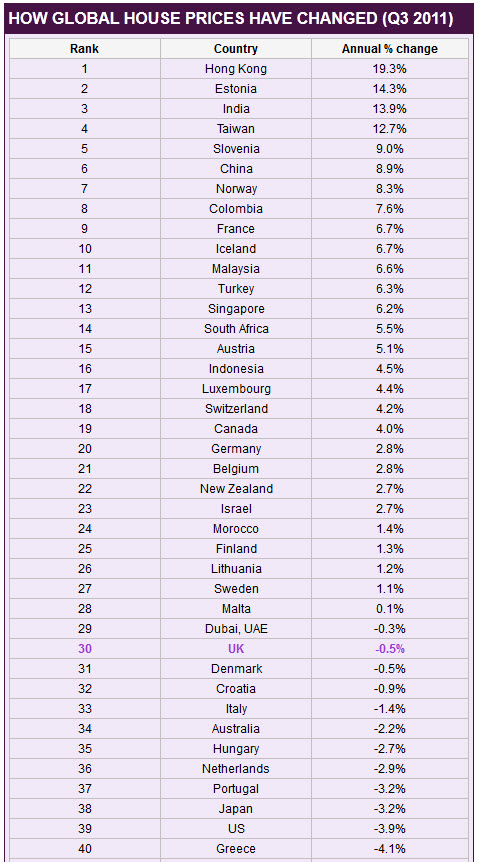Is there a housing crash coming to Canada?
Tuesday, January 31st, 2012The Bank of Montreal poured cold water on the idea Canada’s housing market could be headed for a crash, suggesting that prices are only “moderately high across the country.”
“Expect the housing boom to cool rather than crash,” BMO’s chief economist Sherry Cooper and senior economist Sal Guatieri said in a report published Monday.
“While the housing boom is unlikely to continue unless mortgage rates drop much further, neither is it likely to bust.”
The bank says home values are indeed rising at a faster pace than they used to, but the signs are pointing to a soft landing where prices stabilize — not a hard correction where prices drop quickly by 20 per cent or more.
“In our view, the national housing market is more like a balloon than a bubble,” the bank said. “While bubbles always burst, a balloon often deflates slowly in the absence of a pin.”
But demographic factors, consistently low interest rates, low construction costs and an influx of foreign buyers make it likely that no such pin will materialize for the foreseeable future, the bank said.
Average prices have grown more than twice as fast as family incomes since 2001, but BMO’s report argues there’s no reason to panic yet.
Nationally, home prices are 4.9 times higher than the average household income. A decade ago, that ratio was at 3.2.
Some cities are hotter than others. Vancouver’s home prices ratio currently sits at 10 times higher than average household income, Toronto’s is at 6.7, Montreal’s is at 4.5 while Halifax is at 3.8. Those are all on the high side, but if the market cools, that will allow incomes to catch up and move the price-to-income ratio lower, the bank argues.
The latest data from the Canadian Real Estate Association shows the national average price was $347,801 in December, a 0.9 per cent increase over the previous 12 months. That was the lowest level of growth since October 2010 and well below inflation, a possible sign that the market is already cooling.
The bank does note, however, three risks to the outlook. A sudden hike in interest rates, a widespread Canadian recession, or an economic slowdown in Asia reducing the number of foreign buyers would all take the air out of Canada’s housing market.
“But barring one of these triggers, however, a dramatic correction is unlikely,” the bank said.




